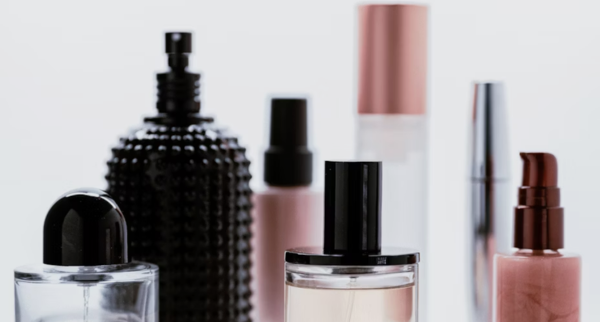The Rise of Clean Beauty: Business Opportunities in a Booming Niche
by Timesceo

Clean Beauty: Business Opportunities in a Booming Niche
Over the past decade, the beauty industry has experienced a powerful shift toward health-conscious, eco-friendly, and transparent products. This movement — known as clean beauty — is no longer just a trend; it has become a global standard. As consumers grow more informed about what they put on their skin, they are demanding safer ingredients, ethical sourcing, and sustainable practices. For entrepreneurs and investors, the clean beauty sector offers a booming niche full of untapped potential and promising business opportunities.
What Is Clean Beauty?
Clean beauty refers to products that are made without harmful or controversial ingredients such as parabens, sulfates, phthalates, and synthetic fragrances. It emphasizes safety, transparency, and environmental responsibility. Many clean beauty brands also prioritize cruelty-free testing, vegan formulas, and sustainable packaging, aligning with the values of socially and environmentally conscious consumers.
This market is especially appealing to Millennials and Gen Z, who are leading the charge in demanding ingredient transparency and ethical business practices. According to industry research, the global clean beauty market is expected to exceed $22 billion by 2027, with strong year-over-year growth.
Why It’s Booming:
Several factors are driving the rise of clean beauty:
-
Health Awareness: Consumers are increasingly aware of how certain chemicals can affect long-term health, prompting a shift toward non-toxic formulations.
-
Ingredient Transparency: Social media and beauty influencers have made ingredient awareness mainstream. Shoppers now check labels and use apps like Think Dirty and EWG’s Skin Deep before making purchases.
-
Sustainability: As climate change and plastic pollution gain more attention, consumers are prioritizing eco-friendly packaging and sustainable sourcing.
-
Digital Influence: Clean beauty brands often find success through direct-to-consumer (DTC) models, leveraging social media, influencer partnerships, and purpose-driven branding to connect with loyal audiences.
Business Opportunities in Clean Beauty:
The clean beauty space is diverse, offering multiple entry points for aspiring entrepreneurs:
1. Product Development
Creating a line of skincare, haircare, or makeup products with clean ingredients is one of the most direct ways to enter the market. Success depends on transparent labeling, high-performance formulas, and strong brand storytelling.
2. Private Labeling
For those not ready to develop products from scratch, private labeling offers a faster and more cost-effective path. Many manufacturers now specialize in clean formulations, allowing entrepreneurs to launch brands without owning production facilities.
3. Retail and E-commerce
Curated online marketplaces focused on clean beauty — like Credo Beauty or The Detox Market — are thriving. Starting an e-commerce store that vets and sells clean products can attract a niche audience looking for trustworthy options.
4. Consulting and Education
As the industry grows, so does the need for experts in ingredient safety, regulatory compliance, and sustainability. Beauty professionals can carve out careers helping brands meet clean beauty standards.
Final Thoughts
Clean beauty is more than a trend — it’s a cultural shift reshaping the future of the beauty industry. For entrepreneurs who align with its values and are willing to innovate, the opportunities are abundant. As the demand for safer, greener, and more ethical beauty products continues to rise, entering the clean beauty space today could mean building a brand that lasts for decades.
Also Read:
Leading Like a Manager: Lessons from Baseball and Business
AI makes contracts simple: Spot risks fast for small business
Smart Strategies for Entrepreneurs Planning to Growth